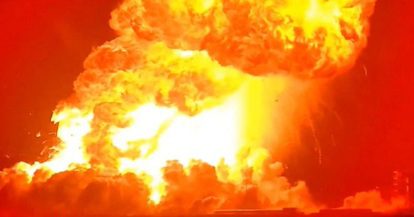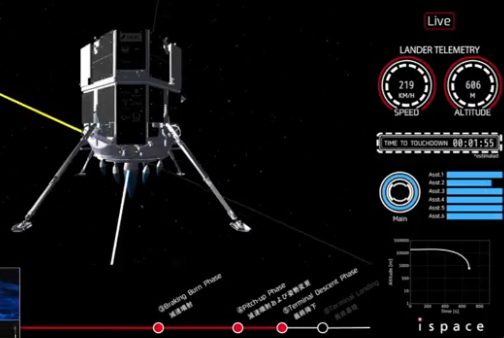China attempted to launch a Kuaizhou-1A vehicle carrying the GeeSat 1A and 1B satellites at 0200 GMT on 15 December from the Jiuquan Satellite Launch Centre in China. It was reported that the vehicle suffered abnormal performance during the launch, which failed. The satellites were to have been part of the Chinese Geespace constellation to provide mobile connectivity, positioning and IoT services to the automotive market.
The Kuaizhou 1A launch vehicle, built by the quasi-military CASIC (China Aerospace and Industry Corp) and operated by ExPace (CASIC Rocket Technology Company) is a four-stage mainly solid rocket based on DF-21 ballistic missile technology. The launch vehicle’s reliability has been patchy with two failures out of 14 attempts. The previous failure in September 2020 involved malfunction of the liquid propulsion fourth stage.
Post Script: Seradata understands that this launch was insured on the Chinese insurance market and reinsured on the international market and that a claim for loss will result from this launch failure. The exact insured value has not yet been disclosed.
Update on 18 December 2021: Analysis of the flight’s trajectory appears to indicate Kuaizhou-1A failed during the third-stage burn, reaching a peak altitude of 400 km before re-entering with any surviving debris falling 1000 km downrange.







